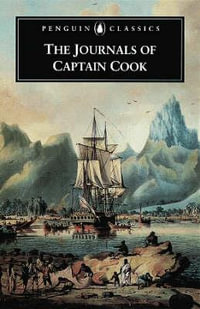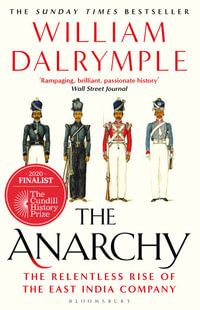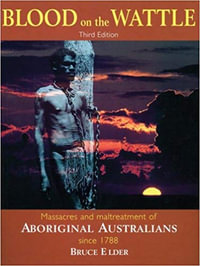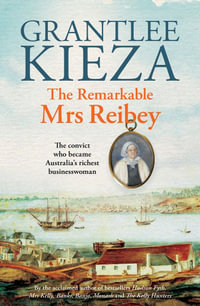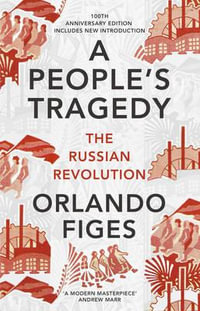Between 1880 and 1914, tens of thousands of men and women left France for distant religious missions, driven by the desire to spread the word of Jesus Christ, combat Satan, and convert the world's pagans to Catholicism. But they were not the only ones with eyes fixed on foreign shores. Just as the Catholic missionary movement reached its apex, the young, staunchly secular Third Republic launched the most aggressive campaign of colonial expansion in French history. Missionaries and republicans abroad knew they had much to gain from working together, but their starkly different motivations regularly led them to view one another with resentment, distrust, and even fear.
In An Empire Divided, J.P. Daughton tells the story of how troubled relations between Catholic missionaries and a host of republican critics shaped colonial policies, Catholic perspectives, and domestic French politics in the tumultuous decades before the First World War. With case studies on Indochina, Polynesia, and Madagascar, An Empire Divided--the first book to examine the role of religious missionaries in shaping French colonialism--challenges the long-held view that French colonizing and "civilizing" goals were shaped by a distinctly secular republican ideology built on Enlightenment ideals. By exploring the experiences of Catholic missionaries, one of the largest groups of French men and women working abroad, Daughton argues that colonial policies were regularly wrought in the fires of religious discord--discord that indigenous communities exploited in responding to colonial rule.
After decades of conflict, Catholics and republicans in the empire ultimately buried many of their disagreements by embracing a notion of French civilization that awkwardly melded both Catholic and republican ideals. But their entente came at a price, with both sides compromising long-held and much-cherished traditions for the benefit of establishing and maintaining authority. Focusing on the much-neglected intersection of politics, religion, and imperialism, Daughton offers a new understanding of both the nature of French culture and politics at the fin de siecle, as well as the power of the colonial experience to reshape European's most profound beliefs.
Industry Reviews
"Through his concentration on the interactoin of French Catholic (sometimes Protestant) missionaries and colonial official in indochina, Tahiti and the Marquesas, and Madagascar during the formative period of France's overseas empire and its colonial ideology, Daughton provides an important contribution to the extant literature on colonialism, modern France, and modern religious history...Daughton furnishes an important contribution to our understanding of the
formative years of France's colonial empire in the late nineteenth and early twentieth centuries...A much-needed corrective to the extant scholarship on France's notion of the mission
civilisatrice."--James E. Genova, Ameriacn Historical Review
"Daughton challenges many commonly held notions about the 'culture wars' and secular 'civilizing mission' of the early Third French Republic and its imperial expansion, demonstrating that Catholic missionaries played a much greater role in the French colonial empire than is usually acknowledged. Drawing upon extensive archival research in France as well as its former colonies of Indochina, Madagascar, and PolynesiaDaughton's exacting, scrupulously empirical
methodology is a welcome corrective to the sweeping generalizations and ethereal theorizing of many colonial and postcolonial studies. This is a remarkably well-researched and well-written first book, and
announces Daughton as a junior scholar of tremendous promise."--CHOICE
"An elegant study of the intersection of religion and empire...It demonstrates how under the umbrella of the French empire, regional particularities were not just shaped by responses to local conditions and peoples, they were often formed by differences and conflicts among the French themselves."--H-France
"Daughton's treatment of the relations between colonial administrators and missionaries in the wake of conquest makes for fascinating and often gripping reading...[A] richly documented and beautifully written book."--Journal of Modern History
A thoroughly absorbing and informative book which should appeal across the board."--French History
"An excellent study."--Owen White, The Historian
"Daughton's analysis is both subtle and nuanced, revealing the importance not only of religious conflict in the construction of France's colonial empire."--Caroline Ford, University of California

